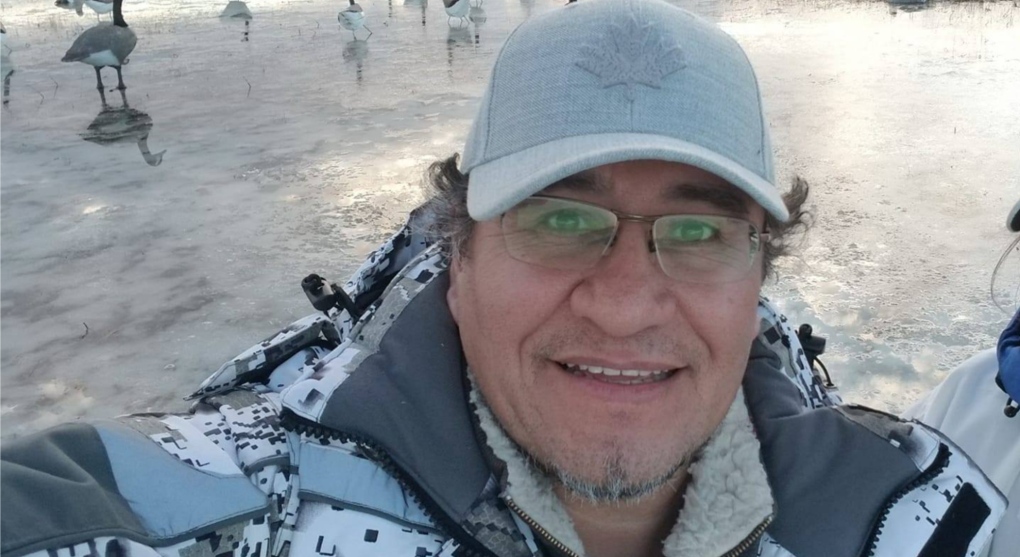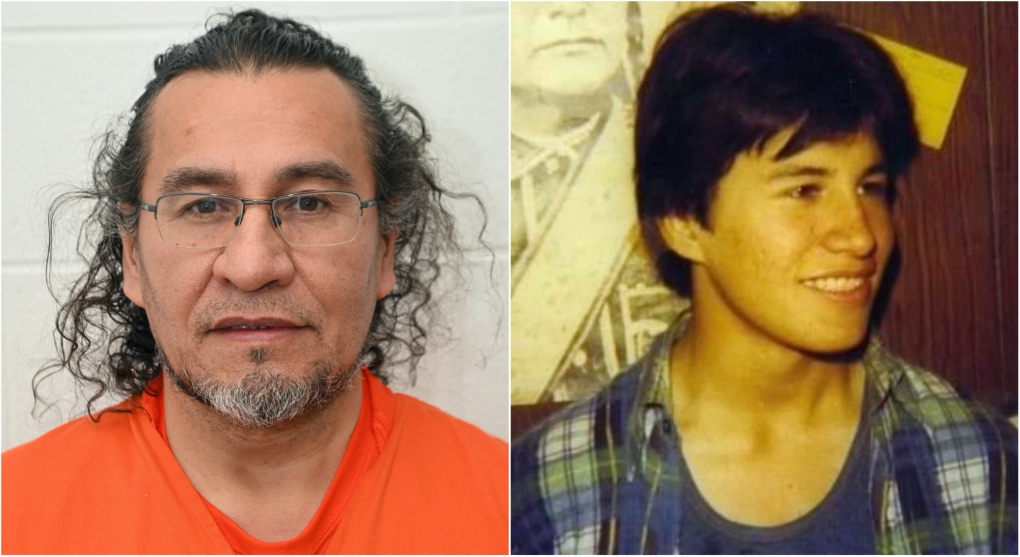Forensic company who helped police crack Gilmour, Tice cases reveals how they did it
The company that helped the Toronto police crack a decades-old cold case is revealing more details about how they identified a suspect in the grisly murders of two Toronto women in 1983.
Othram Inc., a Texas-based lab that leverages forensic genealogy to solve cold cases, was a crucial piece in helping investigators identify Joseph George Sutherland.
On Monday, Toronto police announced that they had arrested the 61-year-old in connection with the murders of two Toronto women in 1983, Erin Gilmour and Susan Tice.
Othram’s Chief Development Officer, Kristen Mittleman, told CTV News Toronto that Toronto police handed their team a piece of evidence after the force exhausted standard forensic testing and found no matches.
“Our DNA testing is something that no one else on earth can do right now the way that we do it here at Othram. We are the first lab that's purpose-built to take this type of evidence and use it for this really advanced forensic genome sequencing process,” Mittleman said.
It’s Othram’s job to then determine if the DNA picked up from the evidence is sufficient to sequence, she said.
“I believe that this [DNA sample] was a sperm fraction,” Mittleman said, noting that their team discovered a “mixture” of DNA samples from the “perpetrator and victim” in this particular cold case.
 An image of Joseph George Sutherland. (Facebook/Joseph G. Sutherland)In the “exact same manner” Mittleman said they worked with the Toronto police to uncover the man responsible for the murder of nine-year-old Christine Jessop who was sexually assaulted and killed more than 35 years ago.
An image of Joseph George Sutherland. (Facebook/Joseph G. Sutherland)In the “exact same manner” Mittleman said they worked with the Toronto police to uncover the man responsible for the murder of nine-year-old Christine Jessop who was sexually assaulted and killed more than 35 years ago.
Though Othram did not work on the infamous Golden State Killer case involving the former California police officer who raped and murdered dozens of victims in the 1970s and 80s, Mittleman said the same technology was used.
She said the key difference between the Sutherland and the Golden State Killer case was that the latter had “multiple victims and a ton of DNA,” whereas the Toronto cold case had a “very small” and “intractable” sample.
Once Othram processed the DNA, they gave it to a genealogist at the Toronto Police Service who uploaded it to a genealogical database to cross reference with genetic information of the suspect’s relatives and eventually zero in on Sutherland.
“They were able to take all those matches and work back through the genealogical tree until they came to the identity of the perpetrator,” Mittleman said.
 Joseph George Sutherland, 61, of Moosonee, was arrested on Thursday. (Supplied)“They use our result as an investigative lead to go investigate the case, figure out if that person was someone that could have been in the area at the time, fit the description of what happened, and then they do standard forensic testing again, to confirm the result.”
Joseph George Sutherland, 61, of Moosonee, was arrested on Thursday. (Supplied)“They use our result as an investigative lead to go investigate the case, figure out if that person was someone that could have been in the area at the time, fit the description of what happened, and then they do standard forensic testing again, to confirm the result.”
When Othram launched, Mittleman said they were solving multiple cold cases over the course of a year. But now, she said they are working on multiple cases a week with the hope of that eventually surging to multiple cases an hour.
“I think that cold cases will be extinct within the next decade,” she said.
“People won't have to wait decades to find out what happened to their loved one. I really do believe that perpetrators are going to start getting caught the first time they commit a crime, rather than having to wait till the second, third, fourth, or whenever they get caught. I also believe that that's going to start becoming a deterrent for crime.”
CTVNews.ca Top Stories

Bird flu, measles top 2025 concerns for Canada's chief public health officer
As we enter 2025, Dr. Theresa Tam has her eye on H5N1 bird flu, an emerging virus that had its first human case in Canada this year.
DEVELOPING Body found in wheel well of plane at Maui airport
A person was found dead in the wheel well of a United Airlines flight to Maui on Tuesday.
Ottawa police identify victim of Christmas Day homicide in Hintonburg, charge suspect
The Ottawa Police Service says the victim who has been killed on Christmas Day in Hintonburg has been identified.
Christmas shooting at Phoenix airport leaves 3 people wounded
Police are investigating a Christmas shooting at Sky Harbor Airport in Phoenix that left three people injured by gunfire.
Your kid is spending too much time on their phone. Here's what to do about it
Wondering what your teen is up to when you're not around? They are likely on YouTube, TikTok, Instagram or Snapchat, according to a new report.
Bird flu kills more than half the big cats at a Washington sanctuary
Bird flu has been on the rise in Washington state and one sanctuary was hit hard: 20 big cats – more than half of the facility’s population – died over the course of weeks.
Swimmer Summer McIntosh voted The Canadian Press female athlete of the year for 2024
During the month before her 18th birthday, Summer McIntosh became the first Canadian to win three gold medals in a single Olympic Games, winter or summer, with a silver medal thrown in for good measure.
6,000 inmates stage Christmas Day escape from high-security Mozambique prison
At least 6,000 inmates escaped from a high-security prison in Mozambique's capital on Christmas Day after a rebellion, the country's police chief said, as widespread post-election riots and violence continue to engulf the country.
Plush toys recalled due to choking hazard
Health Canada announced a recall on a series of plush toys due to a choking hazard. Anyone who has purchased an elephant, giraffe, lion, tiger and/or panda plush toy with an attached baby can return them to the place of purchase for a refund.































